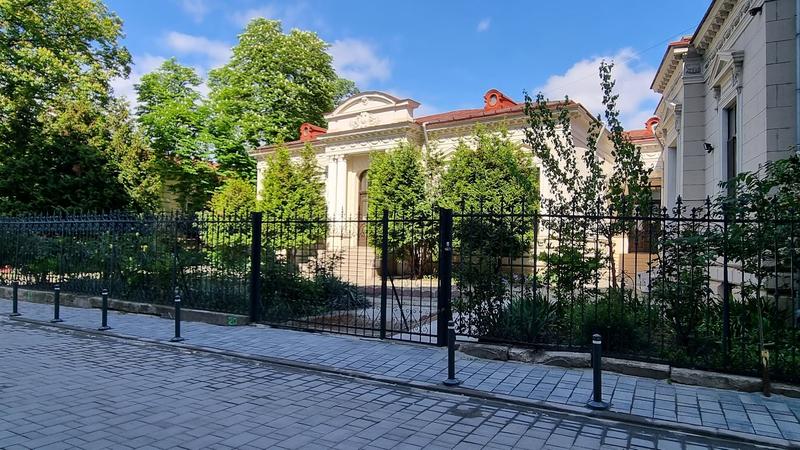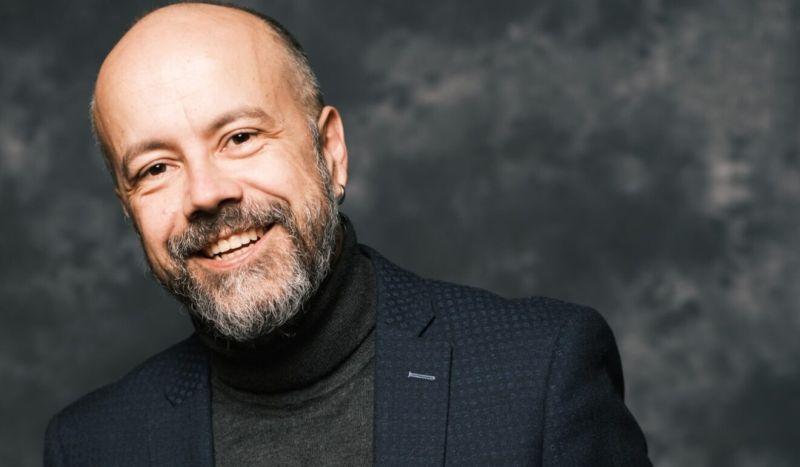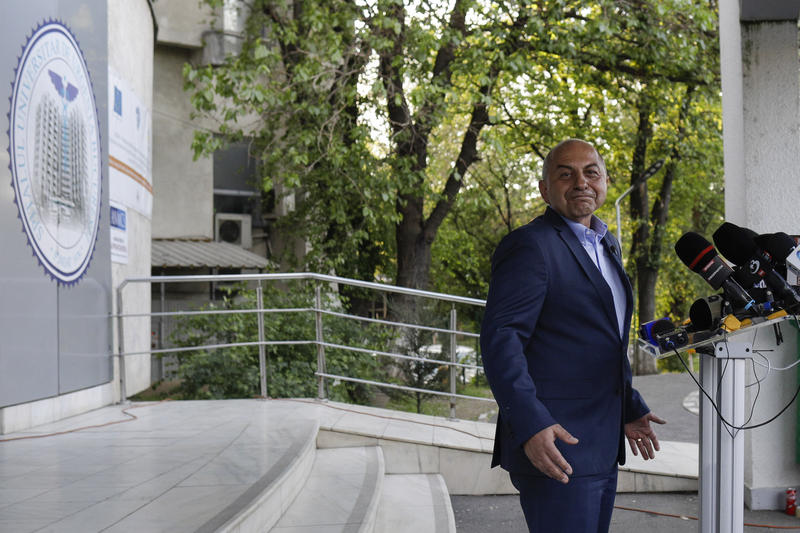Around one hundred "urban vigilantes" (country cops) from Rome will learn basic Romanian, attending a two-hour course once every week. Lessons will last until June and will be taught by professors from La Sapienza University in Rome. The course induction was held at the Rome Police County central Commandment, in the presence of the Romanian ambassador to Italy Razvan Rusu, the president of the Rome- Fabrizio Santori local council public safety commission and the county police leadership. Besides quite a few journalists, tens of Italian police staff took part as well.
The Gonzaga classroom will be hosting the Romanian language course for the next four months. "I've learnt a little Romanian during a brief visit to Romania in the 70s", a County Police officer said while trying out his Romanian in front of his surprised colleagues. I ask him if the Romanian language is difficult. His answer: "Not at all, most words are pronounced the same", and then he exemplifies, almost successfully.
In the classroom, National County Police Association (ANVU) vice-president reassures journalists that "this is an initiative of the members of the Association, completely free for the participants and it is not paid with tax-payers' money". "Two police staff from every sector of the capital will take part in the Romanian lessons, alongside five "social" police officers from NAE [Nucleus for assisting marginalised persons] and other volunteers that will join the course as it happens".
"Learning Romanian is a must that we found while out at work, especially in some departments, like prostitution or the issue of children unattended by adults. Approaching your subject with a greeting in his/her language often creates a direct communication channel. Tension is, this, avoided: many Romanians are frightened, cannot speak Italian, especially in extreme situations."
Regarding critics featured by the press in the peninsula, reproaching Italian cops that they should rather learn English, the ANVU rep thinks that "we often meet 16-year old Romanians, newly arrived in Italy. They don't know Italian and are forced to prostitute. In those situations communication is fundamental to determine who is responsible".
"Learning the Romanian language is a way to improve professionally", Rome County Police Chief Angelo Giuliani thinks. It will come in handy when dealing with groups of nomads, he insists. "Wouldn't it be better to learn their Rroma language instead then?", HotNews.ro wanted to know. "Maybe we will introduce next year a Romales course", he says.
The Romanian ambassador to Italy Razvan Rusu is enthusiastic about this as well. "It won't harm to see the initiative mirrored in other cities as well", he says, while announcing that there are around 200,000 Romanians in Rome and its neighbouring regions.


















